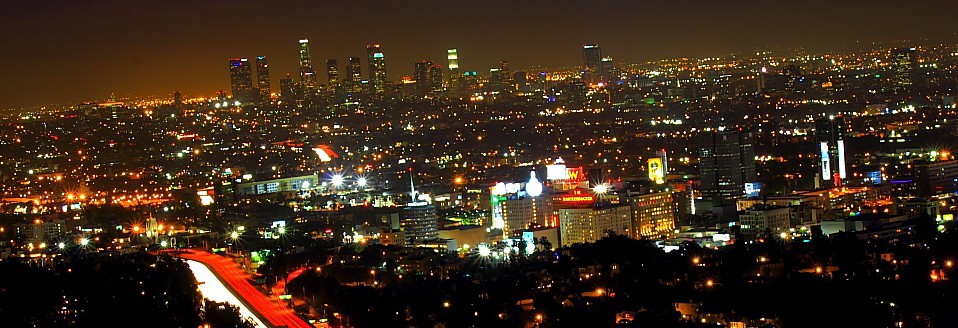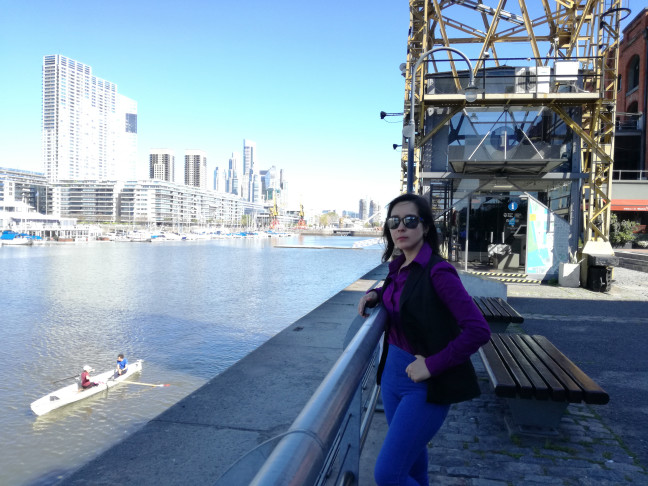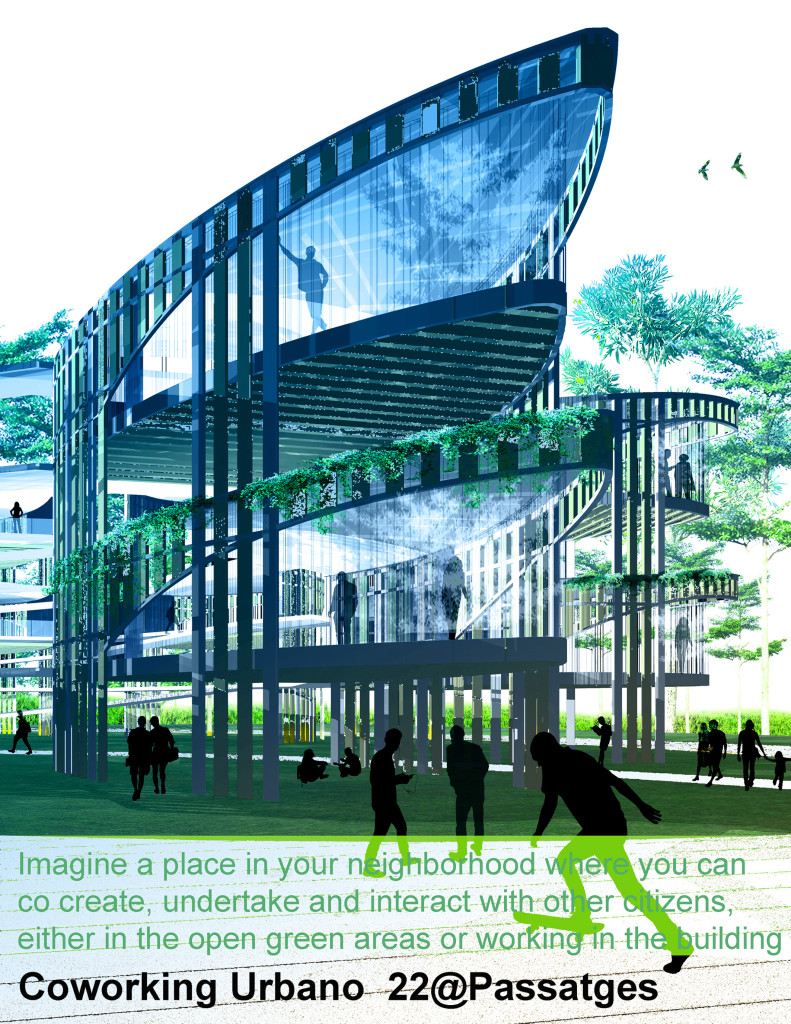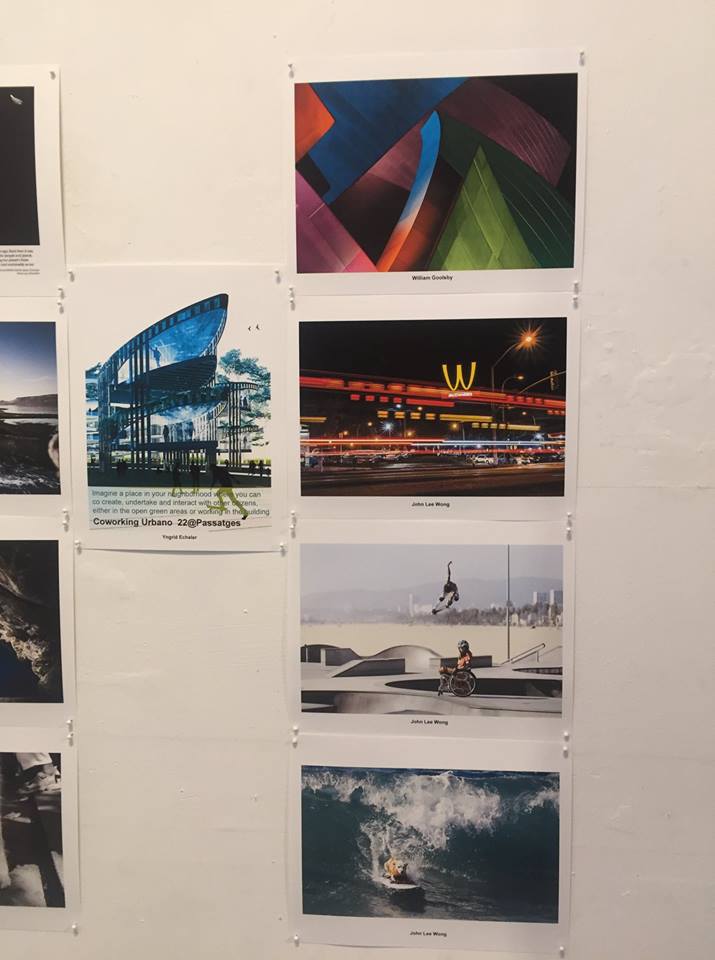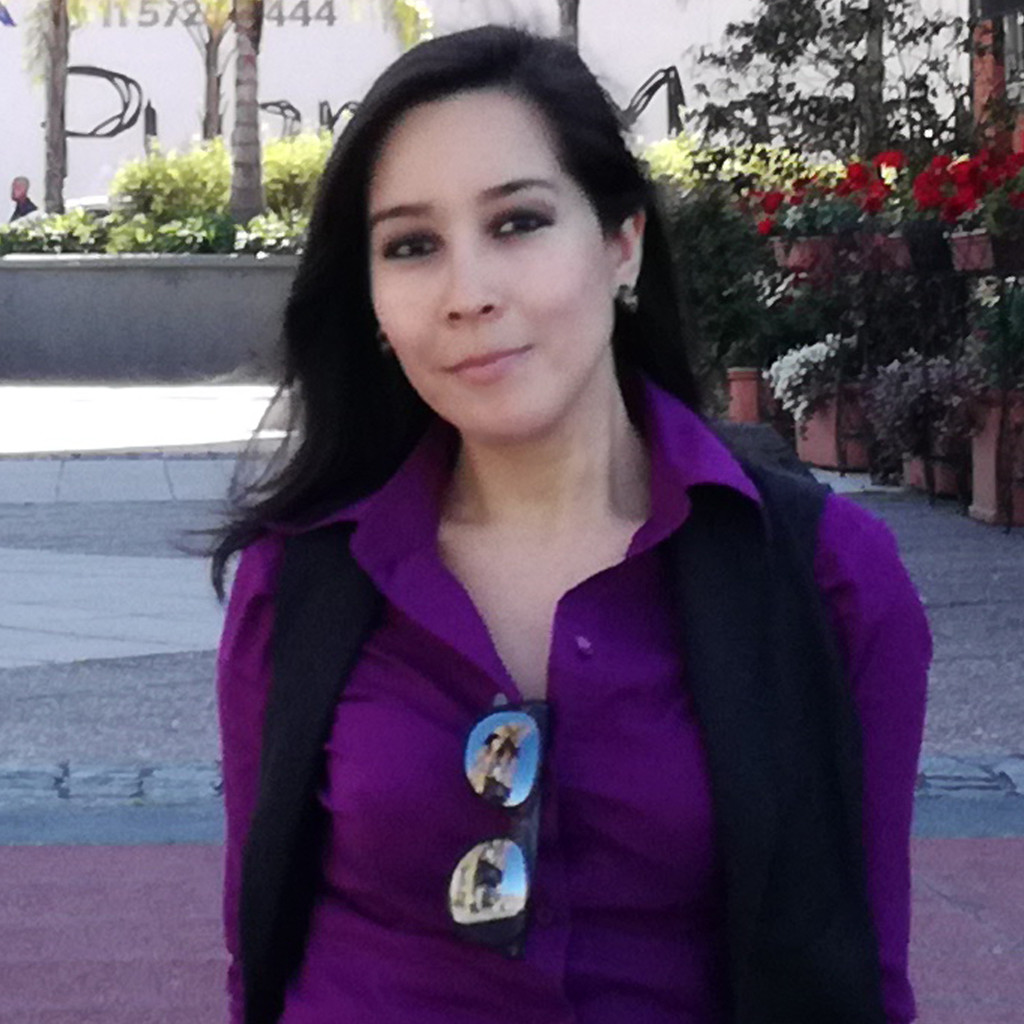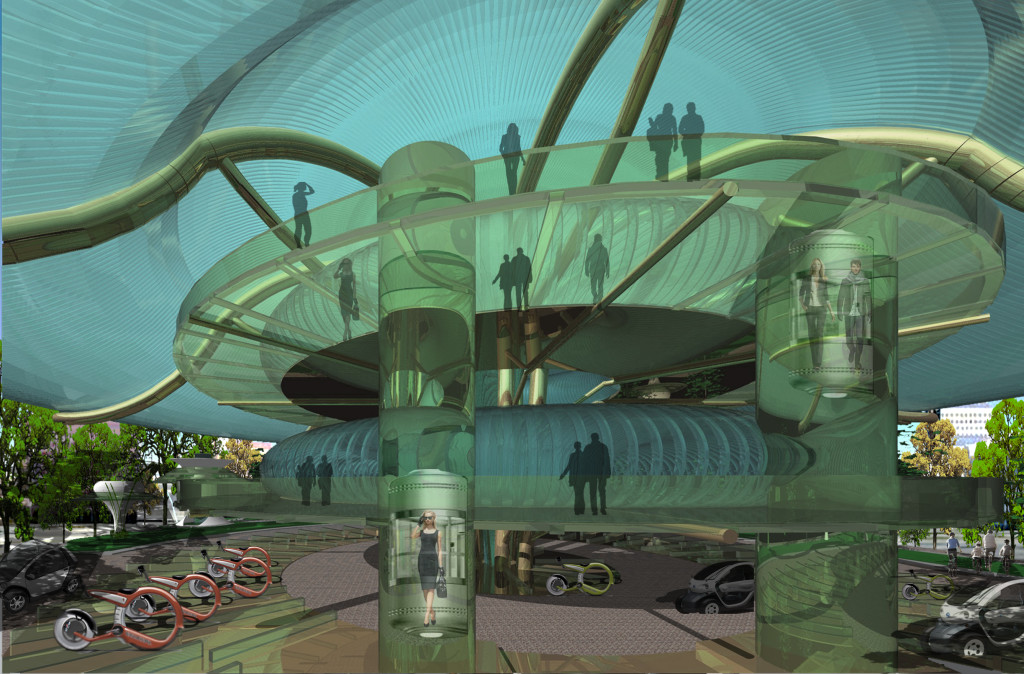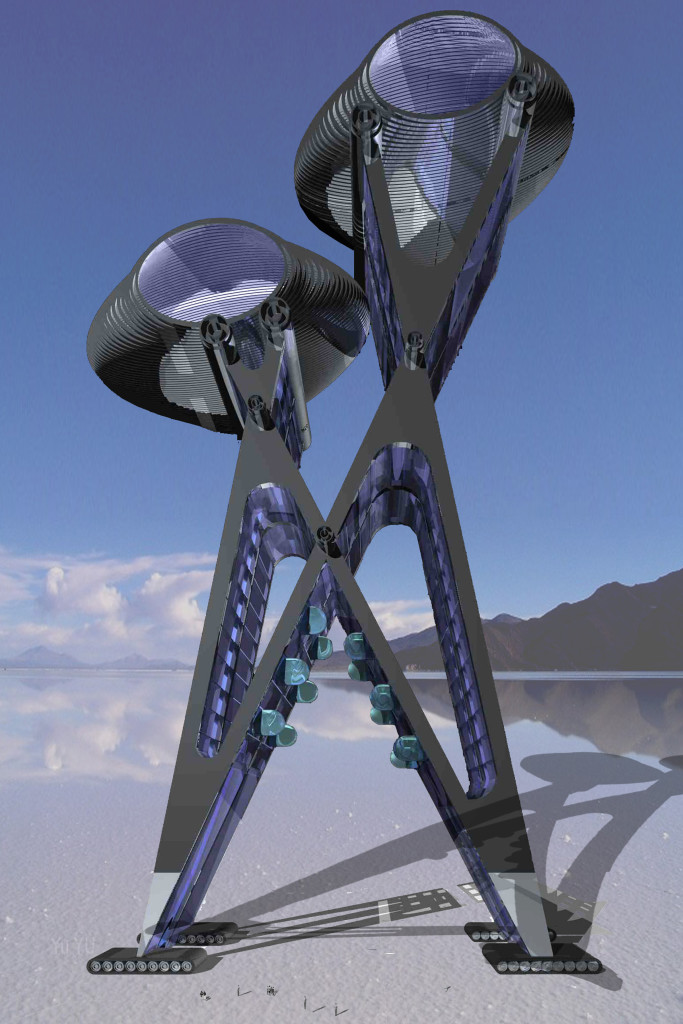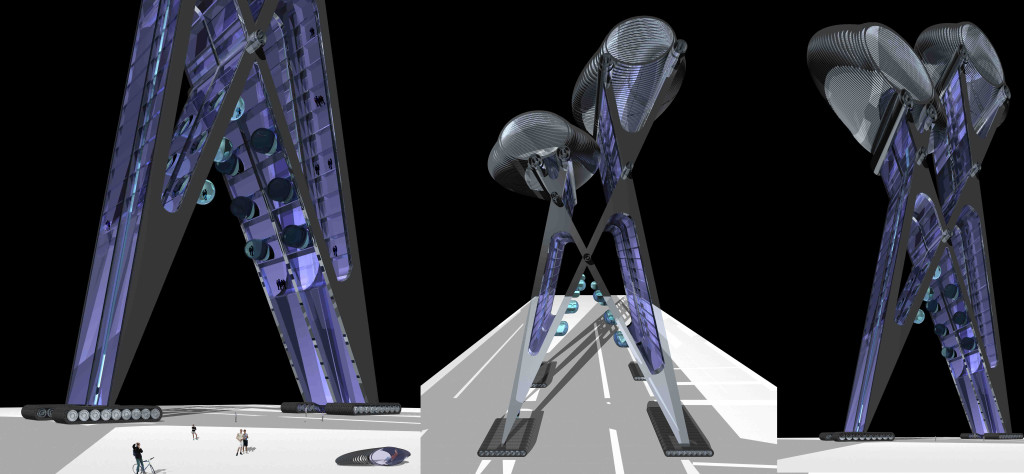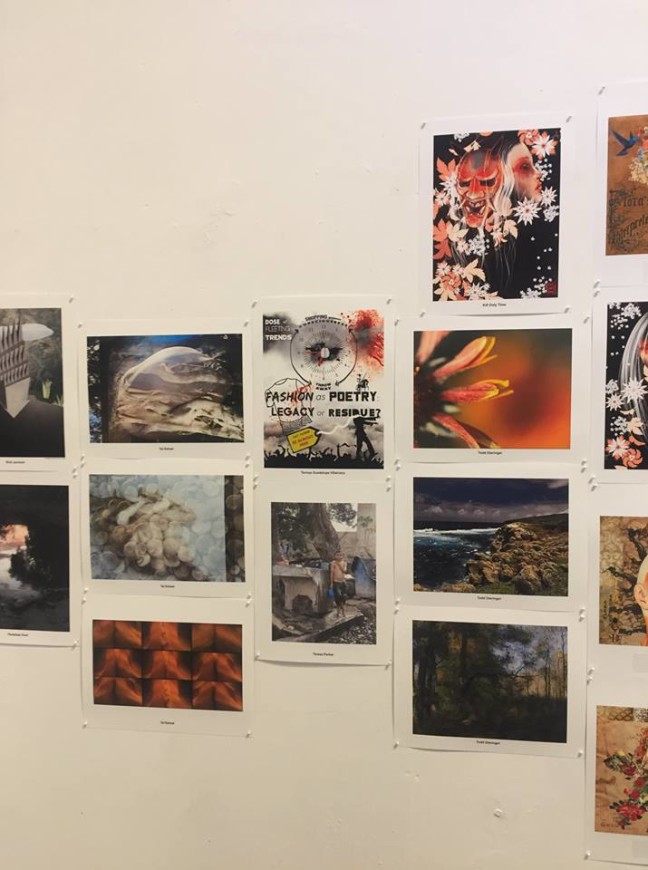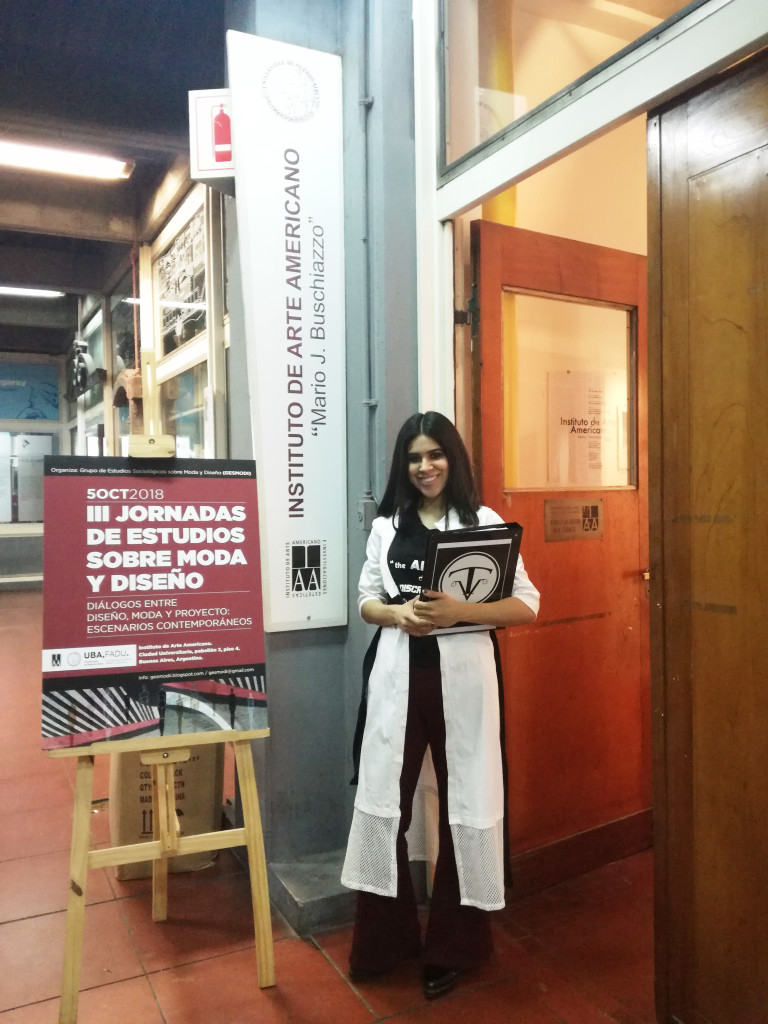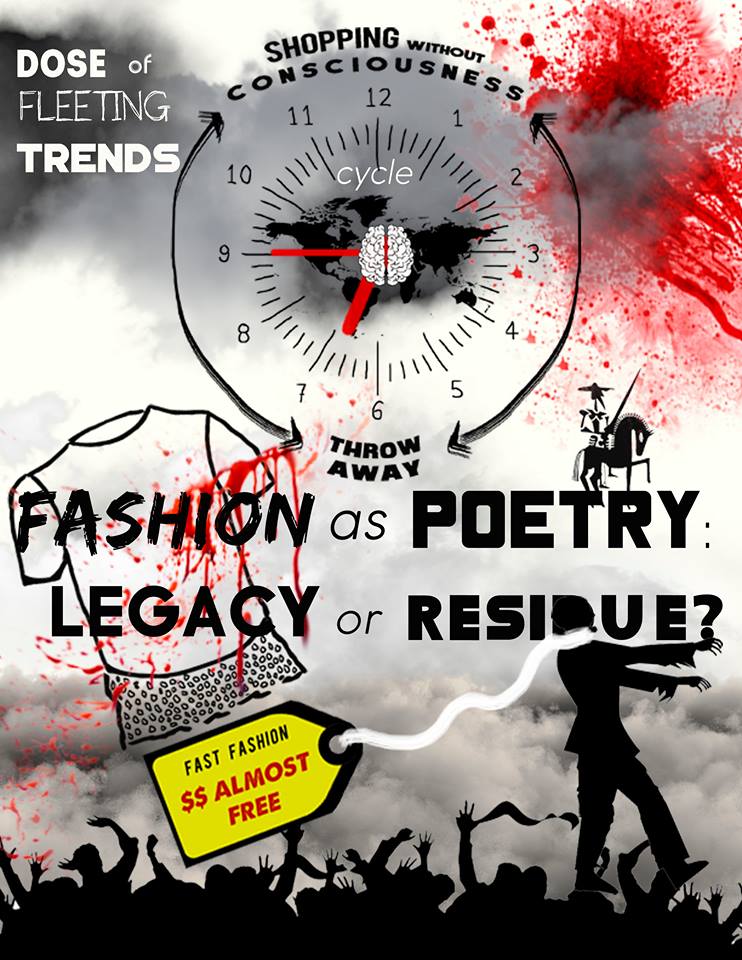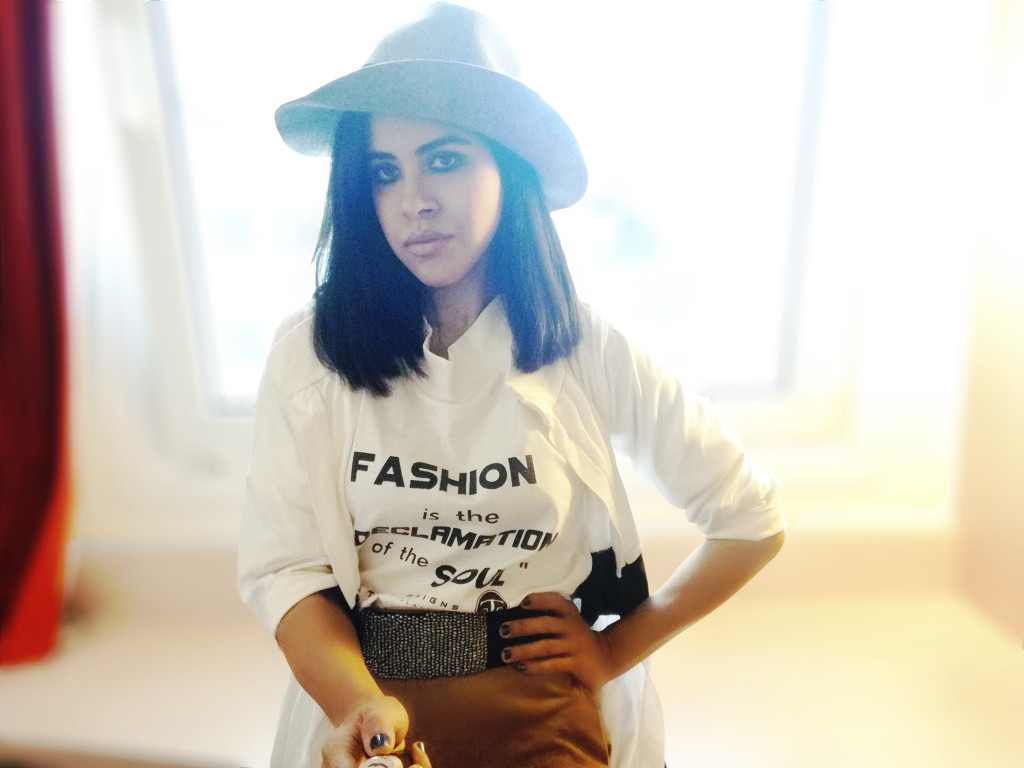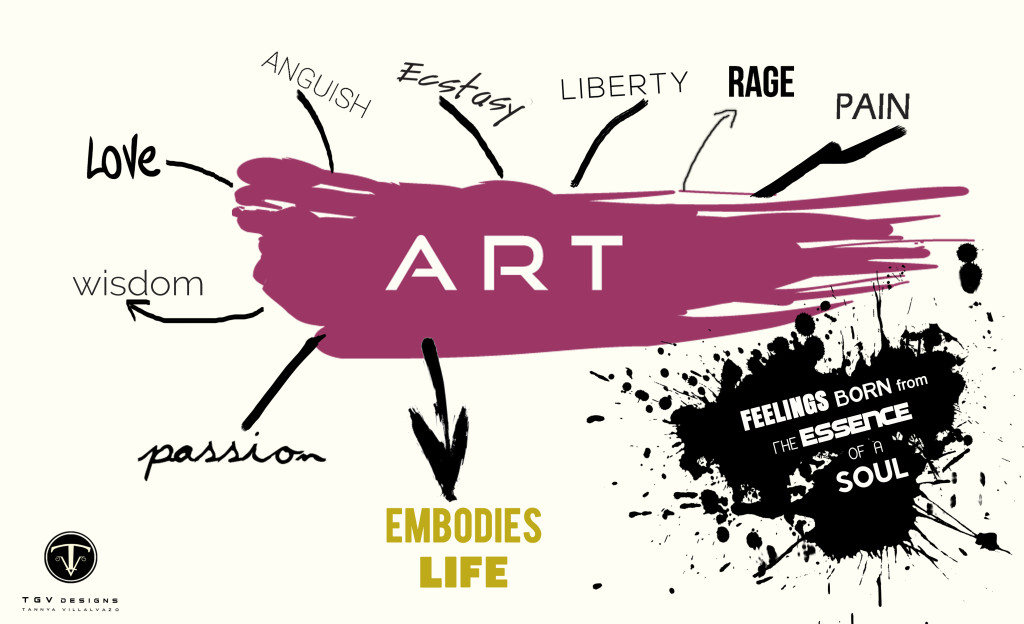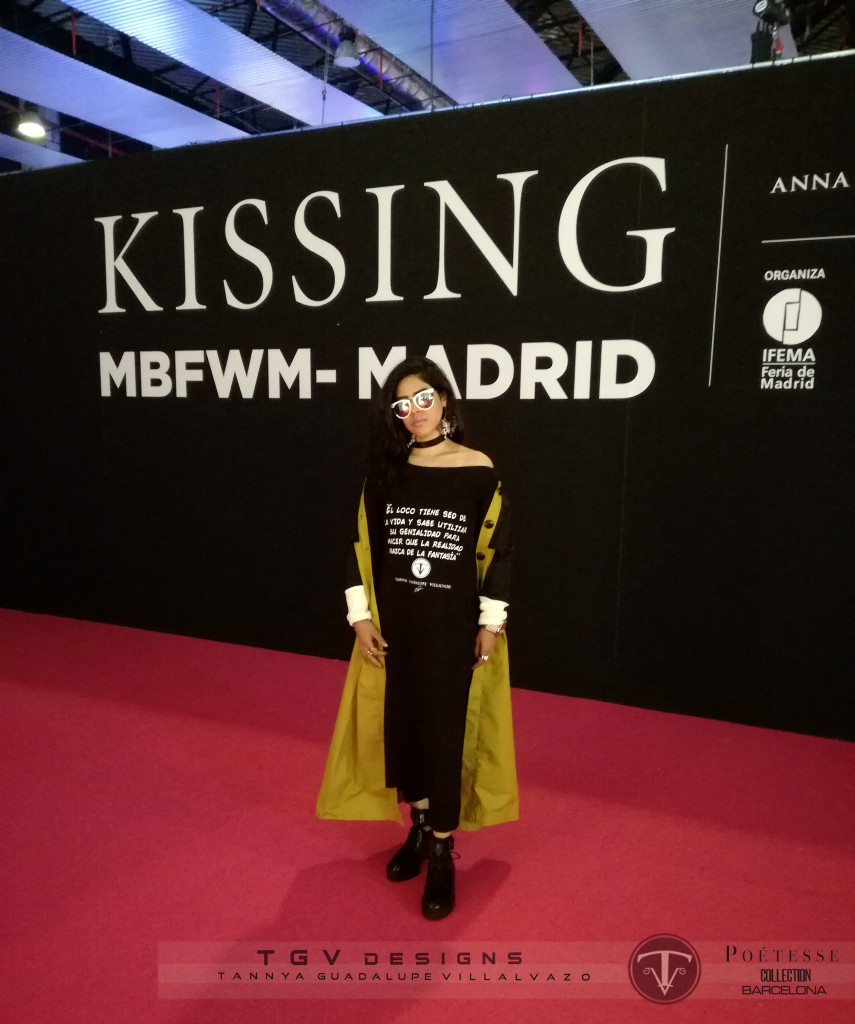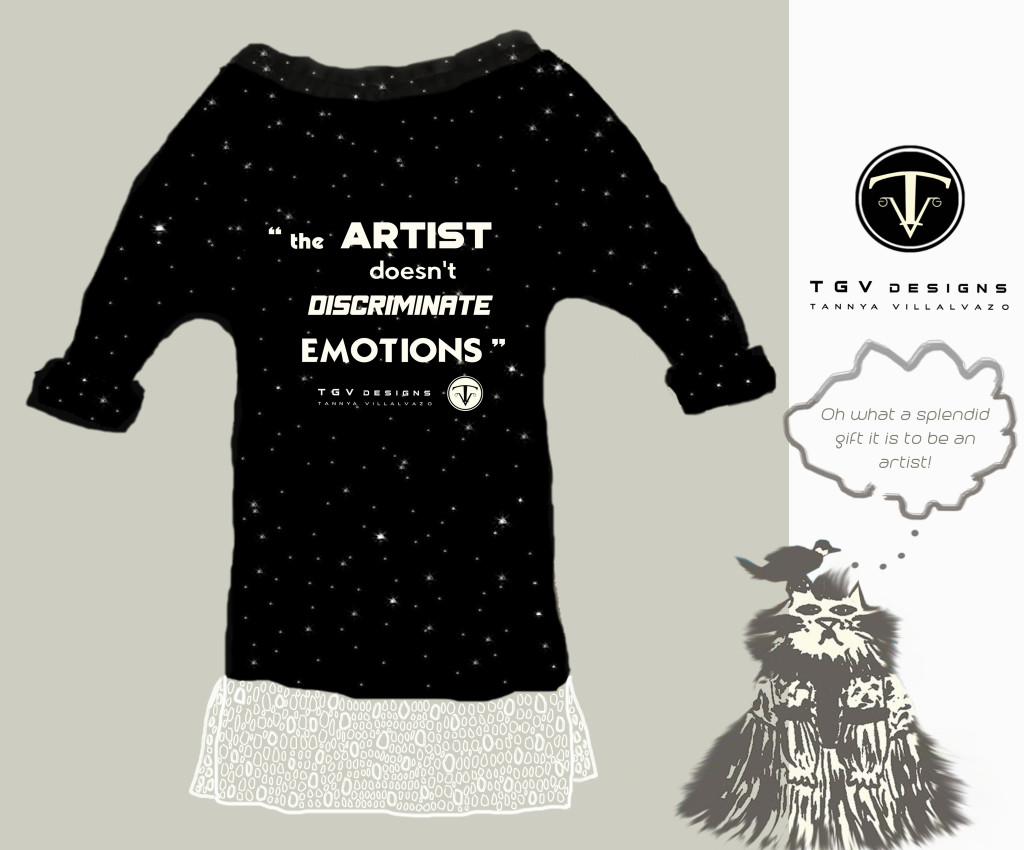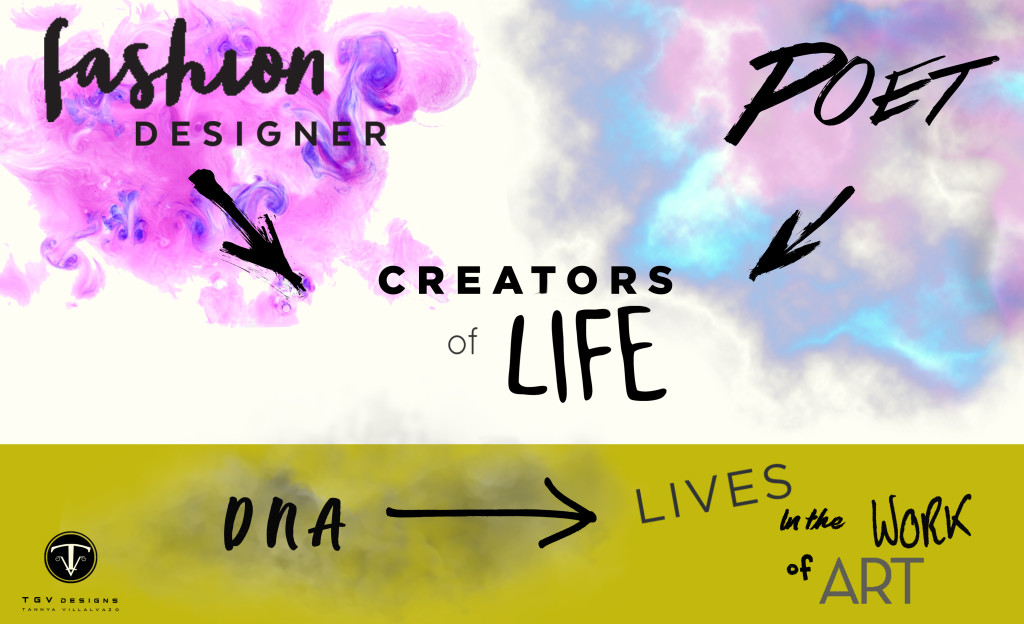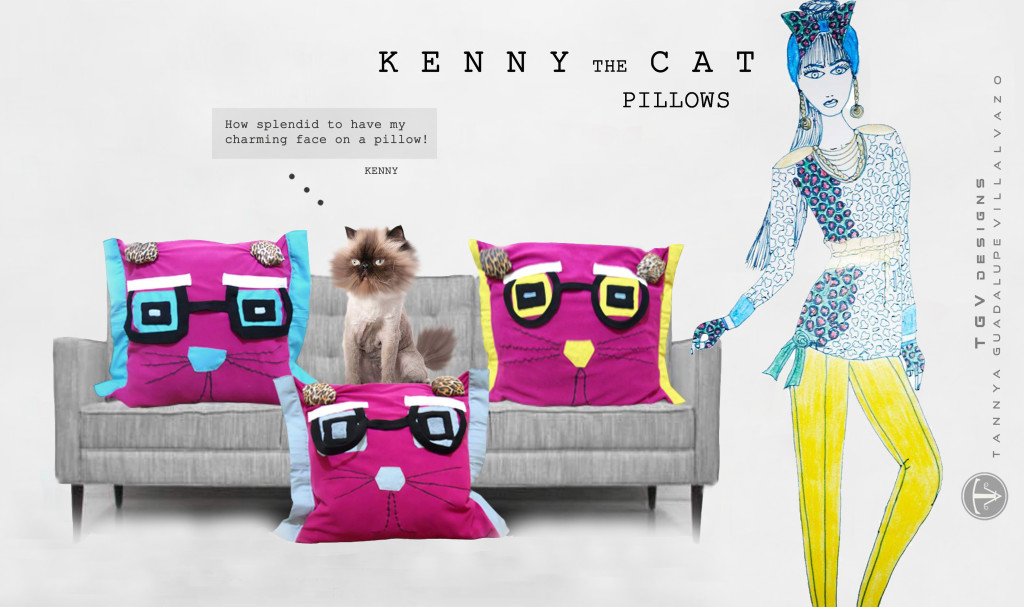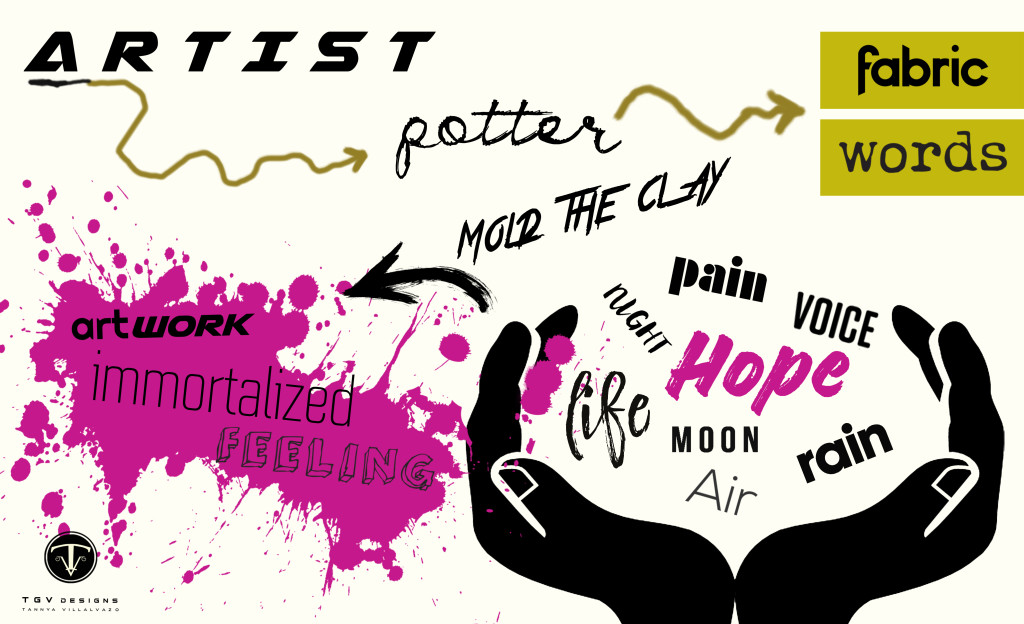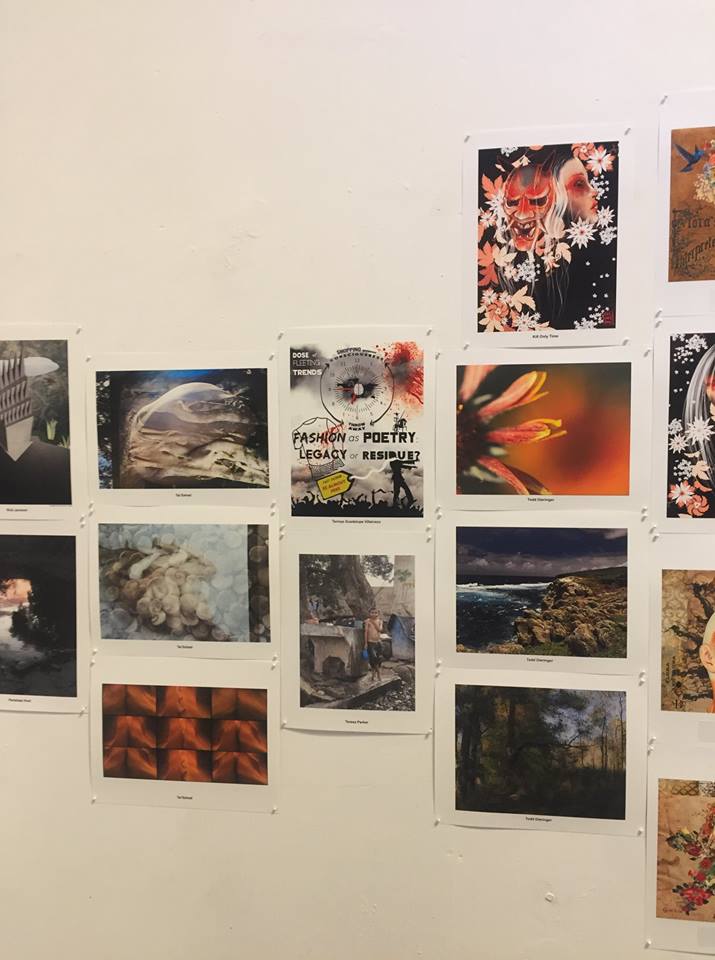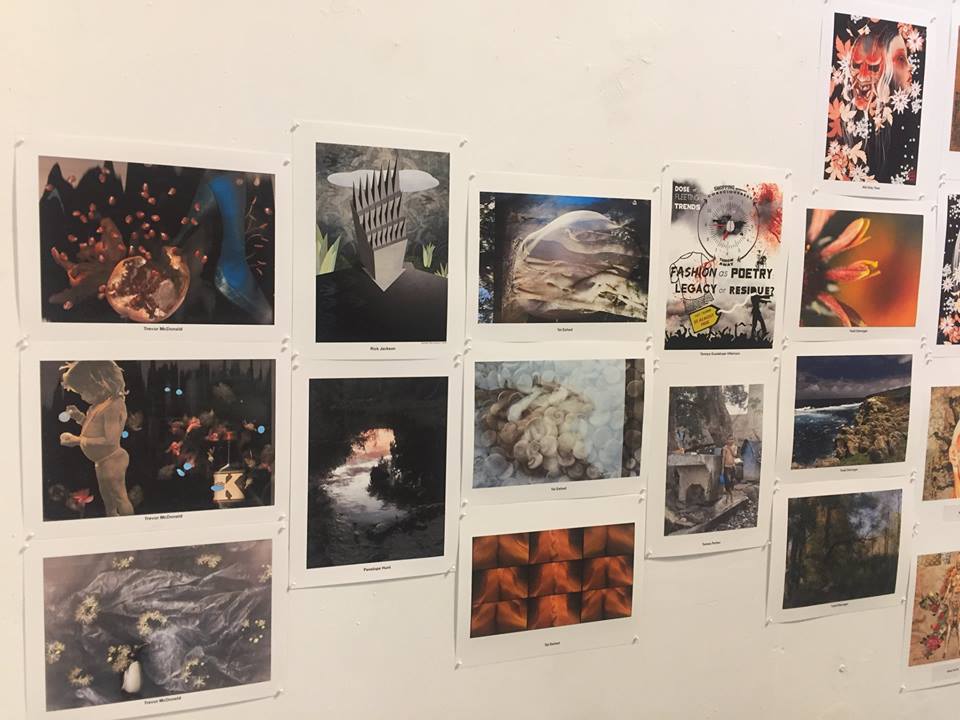Yngrid Echalar was a recent exhibitor in LACDA’s widely varied digital exhibition, Snap to Grid. The exhibition affforded viewers a look into a vast range of work including that of international artists such as the Bolivia-based Echalar, whose lush digital image is the result of a conceptual search for an architectural proposal designed for the city of Barcelona.
She explains “The image invites us to imagine how it would be like to have a public space that is managed by the mayor of that city, and that provides its citizens with free access to work spaces and to green areas. I did this work individually after visiting the city of Barcelona and discovering that a project of this sort could be created in a short term in the 22 @ district.”
“I was walking through the area and the inspiration came to me at that moment.5 years ago I decided to start my own architecture studio, and parallel to the local routine I am in a constant search for design and urban solutions, focusing on the future of cities and the relationship of these with its citizens proposing new spaces and typologies. I love to reflect, investigate, imagine and translate into architectural designs new urban contexts, looking to the future in the short and long term from any city in the world, depending on the inspiration what some places arouse within me. Translating an idea or inspiration into architectural design is sometimes possible through international competitions and other times it happens when I’m traveling and visiting a city as it is in this case with the city of Barcelona.”
She adds “The name of the piece is ‘Coworking Urbano 22@Passatges.’ I would describe it as a digital vision, the result of a creative process developed during a trip; it is a sum of thoughts and visions from a place that does not exist yet. This piece I am exhibiting is as if I had printed the moment of inspiration. That thought is synthesized in the idea of a future urban regeneration in the 22 @ area of Barcelona. Its design is also inspired by the old passages of the Catalan city.”
According to the artist, this was her first work presented at LACDA. “It drew me for being a space dedicated to digital art with very diverse pieces and the realization of collective exhibitions, and also the fact that LACDA is in one of the most artistic and cultural cities in the world.”
The work was individual, but it sprang from a collective inspiration, “traveling to the chosen city, to walk through its streets, get to know it, to see the city with the eyes of a tourist and discover that area where the atmosphere inspired me, which lead to the germination of the initial idea of this proposal. Later I analyzed the environment and made the design.”
Echalar shared the images she had created with publishers in Bolivia and Spain, and they were published in both print and digital media. At LACDA, the piece shifted in purpose.
According to the artist, “Now contextualized as an artistic manifestation, it seeks to socialize and attract the attention of many citizens. And so through art, it becomes a citizen proposal that involves many more; it mutates from the individual to the collective, and in fact returns to its origin, to a proposal designed for the community.”
Echalar says that she is currently working on the design of housing projects in the city of Santa Cruz Bolivia, and in 2019 she’s planned to participate in international architecture competitions and also choose some conceptual visions developed throughout her career.
“I’m planning to present an exhibition that integrates digital visions, models and videos. I think it can be presented as a small seed of art, one that helps us to imagine future scenarios of our lives. I also want to make a more complete presentation or cultural exhibition of this proposal ‘Coworking Urbano 22 @ Passtage,’ in the city of Barcelona. That way I could continue the story of this piece that today I’m exhibiting in LACDA, and see what happens.”
Initially she capture the concepts with pencil and paper, later developing her designs using AutoCAD and Vectorworks software, and finally I editinh the images with Photoshop.
But more than the medium itself, what Echalar is truly passionate about are the meanings behind the images she creates. “I’m passionate about the future, that certainty of knowing that the time of life is fleeting allows me to imagine and create possible scenarios of the future where humanity, architecture and environment interact with each other. I want to take advantage of my life and imagine what maybe I will not be able to see, and leave a legacy of ideas and visions for future generations.”
In short, her art is a blueprint not just for architectural design, but for the patterns and purpose of life itself.
- Genie Davis; images provided by the artist and by LACDA
